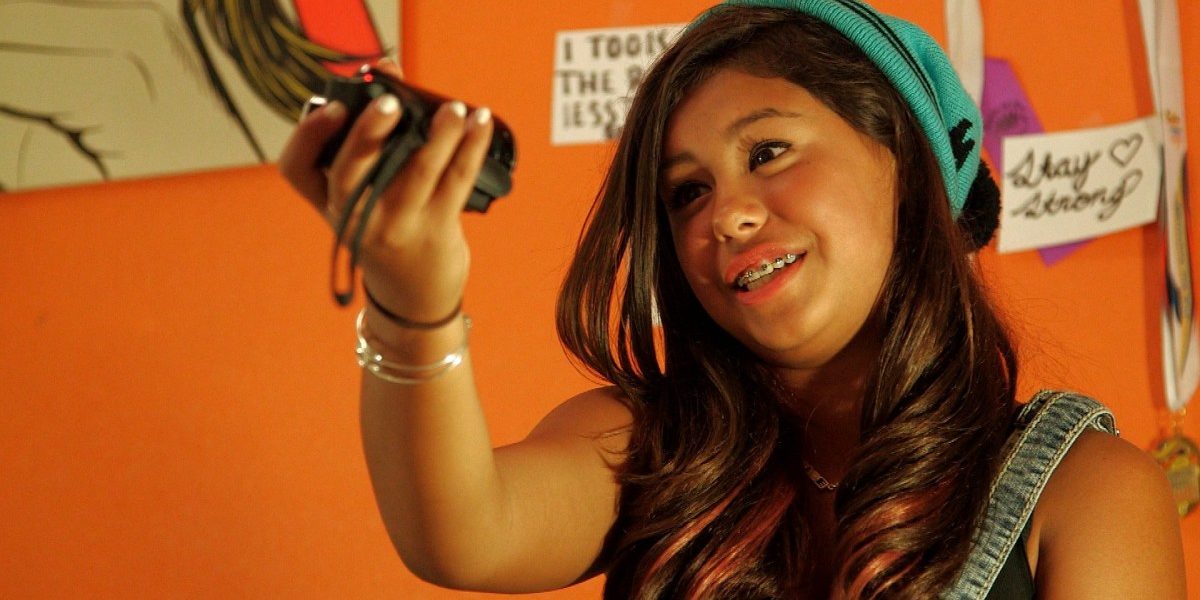The PBS Frontline program “Generation Like” was one of the most revealing documentaries on marketing we have seen in years. While its main focus was on today’s teenagers and social media, many of the marketing strategies and approaches can apply across a wide range of age group segments. While some of the program’s insights are known to most marketers, so much is not. This is what you should know…
1. Today’s teens, and probably a multitude of adults, have become empowered through the use of social media. Programs like MTV’s TRL once told kids what songs and products were “hip” and “cool”. They communicated what you should listen to, wear, and see in order to be “popular”. But that has changed and replaced by a new kind of online currency of likes, re-tweets, comments and YouTube viewership.
These likes define today’s teens as who they are. Where once a t-shirt and a bedroom poster where what really mattered, as the program said, “Today you are what you like.”
2. Teens love to interact with their favorite brands, movies, film stars and recording artists through various online methods. Many youngsters are quick to jump to these fan websites where they can compete for online badges and virtual prizes. Other sites encourage them to simply sign-up and get discounts and first-to-know news about their favorite products. Corporate marketers have taken note. They use these type of games and contests to amass large amounts of information on each individual and the teens are anxiously willing to give it to them.
3. Savvy marketers are actively designing campaigns based on your personality profile comprised of your likes and your friends’ likes. Most online consumers are watching this evolve before their eyes. Once you like a brand the marketing experts can decipher what other types of products you like and send you messages pertinent to your age and what you find important. “Like” skateboarding for example and you may get messages and offers from helmet manufacturers, athletic shoe and sporting goods companies. “Like” a certain clothing store and you could get messages from jeans companies, cosmetic firms and jewelry shops.
4. Brands are increasingly using social media created celebrities to communicate messaging and move product. You may not have heard of Tyler Oakley, but if you have a teenager chances are they have. Oakley is an Internet sensation whose views on life are watched by millions of youngsters on YouTube. Speaking of likes Oakley has 1 million+ likes on his Facebook page. As the documentary pointed out brands like Taco Bell are jumping on the Oakley bandwagon and finding ways for him to incorporate product into his videos. These YouTube segments have not only created a sense of empowerment for Oakley but also a nice source of income for the social media star. Marketers have realized that a positive endorsement from Oakley can carry a lot of weight in the shopping aisle.
5. Teenagers use the same marketing techniques used on them to use on each other. While teenagers are bombarded by ads on TV, radio, and the Internet they don’t mind shouting out some of those same messages to their online friends. Get a message on social media about the launch of a new athletic shoe, a new movie, or a new fast-food burger and surely you want to enjoy the empowerment of being the first one to tweet it to all your online friends. Those friends suddenly begin re-tweeting that news as well and the brand keeps extending its reach infinitely. In essence, teens are not only the target of the marketing message they become major players in the campaign.
The benefit of all this to the marketer, of course, is that they can watch it take place in real-time and study analytics to measure the success of their effort.
This information rich documentary is valuable viewing to anyone in advertising, branding, marketing or public relations. To watch the entire video visit PBS http://www.pbs.org/wgbh/pages/frontline/generation-like/PBS Frontline Generation Like







